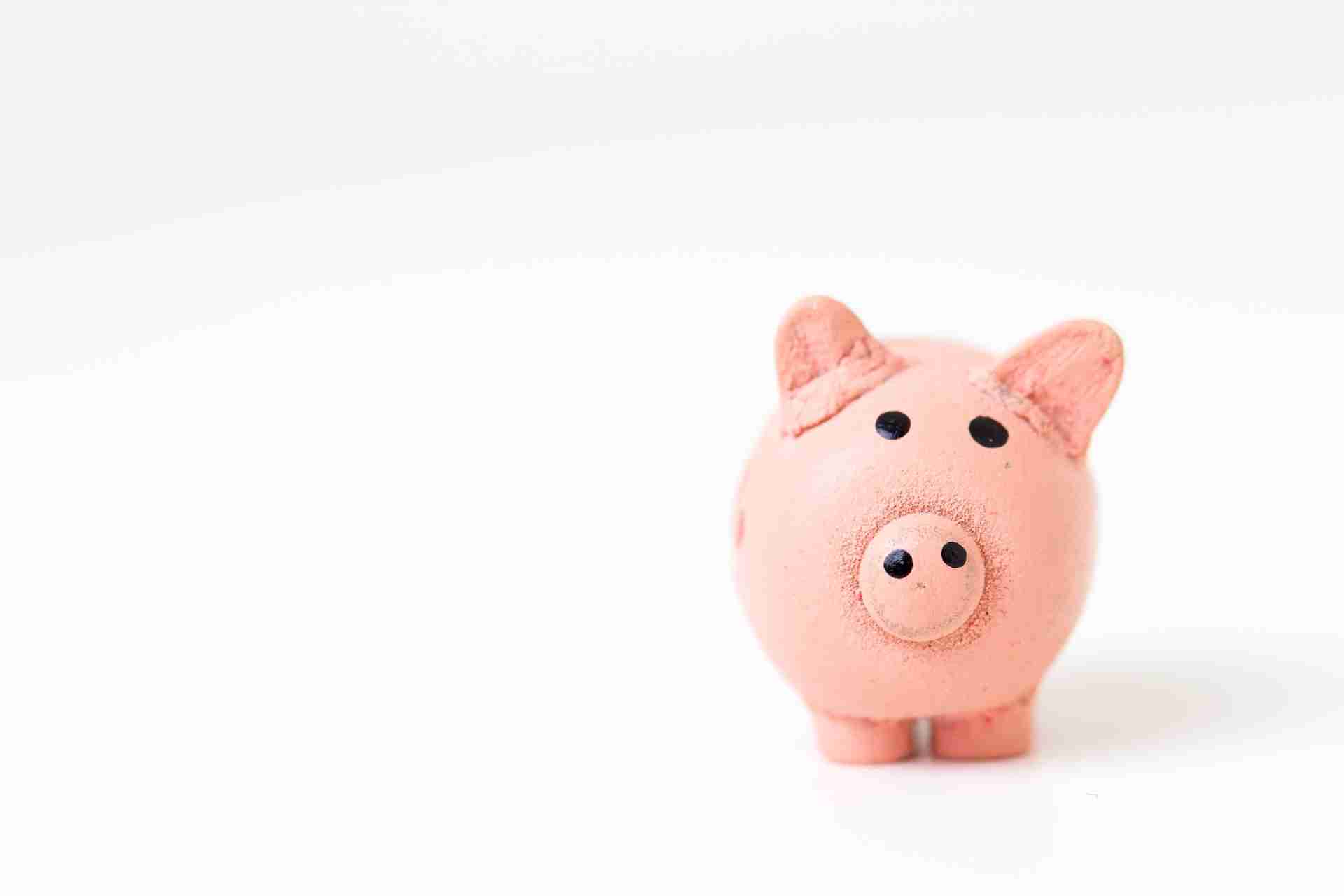Recommit to investing in yourself. Here’s how.
KEY POINTS
- Check the balance and recommit to investing in yourself and maintaining a positive balance in your energetic bank account.
- If your balance is negative, compassionately acknowledge this.
- Regardless of your current balance, identify at least three simple, doable “go-to” deposits.
- Be aware of withdrawals both small and large so you can plan how to compensate for them.
How are you? Really?
Perhaps you are feeling great or relatively good. Or maybe the last couple of months or years have been rough, and you feel depleted and burnout.
No matter how you are feeling, now is an excellent time to check the balance in your energetic bank account and recommit to investing in yourself and maintaining a positive energetic balance.
As a physician, mindfulness coach, and former competitive athlete, my life’s purpose is preventing and relieving suffering and supporting people in enhancing their well-being and finding joy and flow. This post is adapted from my book, Still Quiet Place for Athletes: Mindfulness Skills for Achieving Peak Performance and Finding Flow in Sports and in Life. Everyone—parents, students, frontline workers, employees, bosses, and retirees—can benefit from maintaining a positive energetic balance.
At any given moment, we each have a specific amount of energy in our “energetic bank account.” With kindness and curiosity, check in with yourself: On a scale of -10 to +10, what is the current balance in your energetic bank account? If you are dealing with the illness or death of a loved one, the loss of a job, the ending of a relationship, financial stress, months on the front lines (at work, home, or both) during COVID, or other significant stressors, you may determine that your balance is even lower than -10.
If your balance is negative, compassionately acknowledge this.
Take a deep breath, put a hand on your heart, and say, “Wow, I am overdrawn. And I recommit to treating myself with kindness and making at least one small deposit in my energetic bank account.” In fact, checking in with yourself and acknowledging your energetic balance is an act of self-compassion and a deposit in and of itself.
Regardless of your current balance, identify at least three simple, doable “go-to” deposits.
Often, mainstream media implies that deposits to our energetic bank accounts need to be things like a fancy dinner, a massage, or an exotic vacation. Now, don’t get me wrong: I enjoy all of the above. But many restorative activities can be smaller and simpler.
Meaningful deposits can be as easy as taking a deep breath, savoring a cup of coffee, listening to or playing music, calling a true friend, taking a bath, watching an episode of a favorite show or a few inspiring videos, saying “thank you, and no,” exercising, sitting outside, relaxing with your pet, taking a walk, journaling, creating art, cooking, meditating, or praying. As a first step in maintaining a positive energetic balance, ask yourself:
- “What are my three easy, go-to deposits?”
- “What is the simplest deposit I can make in any given moment?”
- “How can I best invest in myself right now?”
As is often the case, you may notice that little voice saying, “I’m too tired.” “I am so overdrawn that a little deposit won’t make any difference.” Or alternatively, “I am rich (energetically), it won’t matter if I splurge on this event.” Whenever you hear this voice, take a moment to double-check your balance and remember how good it feels to make even a small deposit.
It may help to build deposits into your daily routine.
Examples include singing along to a favorite song after you drop your kids at school, acknowledging yourself for a job well done when you complete a task, choosing to savor the first bite of lunch, saying three things you’re grateful for as you fall asleep. Keep it simple; otherwise, making deposits can quickly become another “to-do,” another “should,” another withdrawal.
It is important to be aware of withdrawals, both small and large.
These include the morning hunt for your child’s violin, misplaced cellphones, an unexpected schedule change, increased work demands, family stress, financial concerns, and illness. Kindly ask yourself:
- “Which withdrawals do I have some control over?”
- “Which withdrawals are out of my control?”
- “Have I misclassified any withdrawals?”
For example, are you stressing about something that is truly out of your control, such as a loved one’s unhealthy or addictive behavior or climate change on a global scale? If so, it can be a deposit to simply acknowledge that the larger situation is out of your control and focus on meaningful actions within your control, such as volunteering a couple of hours a week for a local addiction prevention program or committing to one new climate-protecting action.
Or are you telling yourself that something is just the way it is, and there is nothing you can do about it? Using the examples above, if you volunteer at the prevention program, perhaps you will learn something that will benefit you and/or your loved one. If you commit to one climate-saving action, perhaps you will inspire family, friends, and neighbors to do the same. Choose wisely because if you are already overdrawn, something that sounds like a deposit can quickly become a significant and recurring withdrawal.
Lastly, examine activities that you consider deposits that, in fact, turn out to be withdrawals.
For example, you might assume that an evening out with friends will be a deposit. But later that evening, you may realize that the effort of making plans, the loud restaurant, the topics discussed, your friends’ persistent negativity or aggressive cheer have left you feeling anxious, and the after-effects are keeping you awake.
This is not to say that you shouldn’t go out with your friends. And if you want to maintain a positive balance and have energy for the people and activities you love, then it is helpful to be aware of what such an evening costs you and what you receive for the energy you invest. Then you can choose wisely when you want to make this type of withdrawal and can make timely deposits to reestablish a positive balance.
Attending to withdrawals that masquerade as deposits is especially important when you are already overdrawn or know you have significant withdrawals in the near future. Significant withdrawals may include a big project at work or school, a difficult conversation with a friend or loved one, a major athletic competition or artistic performance, or even that exotic vacation mentioned earlier (with exhausting travel, time zone changes, and the joys of navigating unfamiliar destinations and cultures). Again this isn’t to suggest you should pass on the exotic vacation and sit at home on your couch, but rather that you consider each new withdrawal in the context of the rest of your life.
If you find you are really overdrawn, consider asking for a no-interest or low-interest “loan” (aka help).
Perhaps you could ask your boss to prioritize your responsibilities, reassign a particular task, or acknowledge that a certain task is a low-priority time suck. Or ask your spouse and kids to help out more. Or collaborate with neighbors to work out a dinner share system, so each family only cooks every third or fourth night. Or maybe you would benefit from a free support group, therapy, or a holistic health assessment to balance your neurochemistry and hormones.
And if you are hopelessly overdrawn and are telling yourself you don’t have anyone to reach out to, please call an appropriate hotline. These organizations are set up to help you reduce your energetic debt and provide emergency deposits.
Unfortunately, often the largest withdrawals come without warning. Significant unexpected withdrawals are a part of life. Hence, it is important to do your best to maintain a positive energetic balance. Each time you make even a small deposit, you are telling your body, mind, and heart that your health and well-being are a priority. So take at least 5-10 minutes every day to make a deposit in your energetic bank account. You will be pleasantly surprised at the return on your investment. Maintaining a positive balance will allow you to splurge energetically every now and again.
One more invitation:
When you are feeling energetically abundant, please pay it forward and help a person or a cause in need. When you pay it forward, you make a meaningful deposit in both your bank account and the recipient’s.
This article was published on on Psychology Today.



